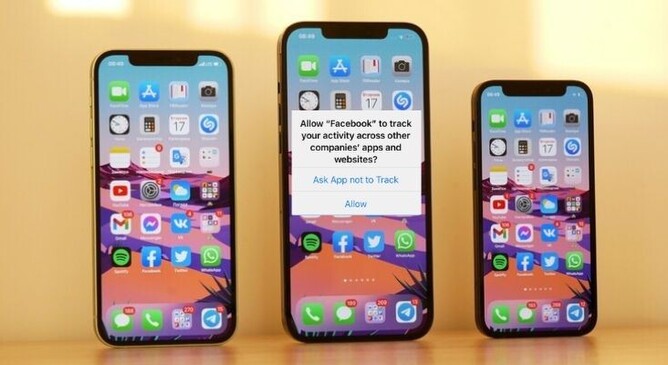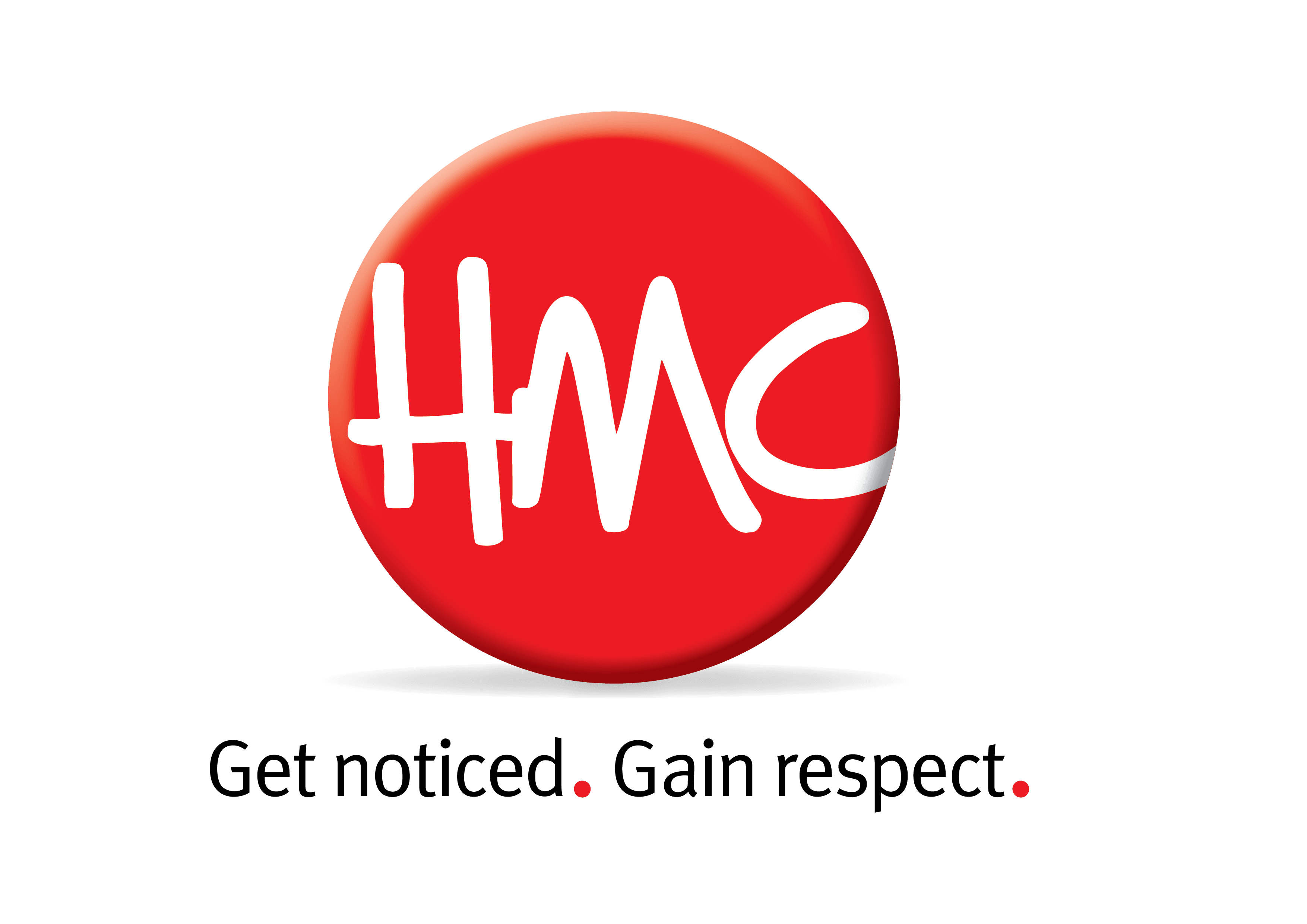It’s old news to digital marketers but it only hit mainstream media recently – Apple’s iOS Privacy Update is now in full force.
What it means in a nutshell: for iPhone iOS 14 users who don’t opt in to be tracked by Facebook, ads personalisation and reporting will become limited across conversion events (including purchases, subscriptions, making contact etc.). Data tracking will still work on Android devices, desktop and for people who don’t opt out.
So, what does this mean exactly for anyone advertising on Facebook? It has been reported that conversions might drop by as much as 20-40% as a result, which is concerning especially for small businesses.
This is because Facebook’s superpower, the Pixel, its eyes and ears that tracks users across the web and apps to deliver personalised ads, has lost its powers for those opting out of tracking. Sounds like good news to the users you may think – but think again. Users who opt out won’t see less ads (which is what they’re hoping), but will instead see less relevant ads as Facebook’s algorithm doesn’t have as much data as before.
But don’t panic, Facebook has been working hard to minimise the blow of this update and has given advertisers guidance on what they can do to keep their ad campaigns running smoothly and effectively. Businesses are still going to get sales and leads from iOS users; they just won’t be able to report on them in the Ads Manager.
Also, keep in mind that campaigns with objectives that are not relying on the Facebook Pixel, i.e. reach, awareness, traffic (optimising for clicks), lead generation, video views, and engagement are not affected.
We’ve put together the 4 most important things you need to do now to ensure your ads are continuing to run as well as they can.
1.Check your device report
First of all, it is good to know how many of your website visitors are potentially affected by these changes. Take a look at your Device Report in Google Analytics to understand the percentage of iPhone users. You can find the report in: Audience > Mobile > Device.
2.Verify Your Domain
This step proves to Facebook that you’re the owner of your domain. Facebook is shutting down conversion campaigns that don’t have their domain verified. Go to your Facebook Business Manager; then navigate to Brand Safety > Domains. The easiest way to do this, in our view, is the meta-tag verification – it’ll require you to have access to the back end of your website (the header section). It’s probably best to send the tag to your web developer along with the instructions.
3.Configure your Web Events
If you are running conversion campaigns (optimising for purchase, leads etc.), you will have to configure your web events and prioritise them. Go to the Events Manager; then go to > Aggregated Event Management > Configure Web Events. Add the events and prioritise them in the order you want Facebook to track.
Note, Facebook allows only a maximum of 8 conversion events – this is more than enough for most businesses.
4.Track ads with UTMs
The iOS 14 Privacy Update means we’ll have less data than before. If you’re not already using UTM’s (Urchin Tracking Modules) for your ads, it’s now time to start doing so. This means you will have Google Analytics as an additional view of performance, and can rely less on Facebook reporting. Facebook has an in-built UTM (custom link) builder at the ad level where you specify the landing page link. Or you can use Google’s UTM builder tool.
There are still a lot of unknowns and the full effect is yet to be seen. We will keep you posted!
And as always, let us know if you need help with implementing any of these steps.

